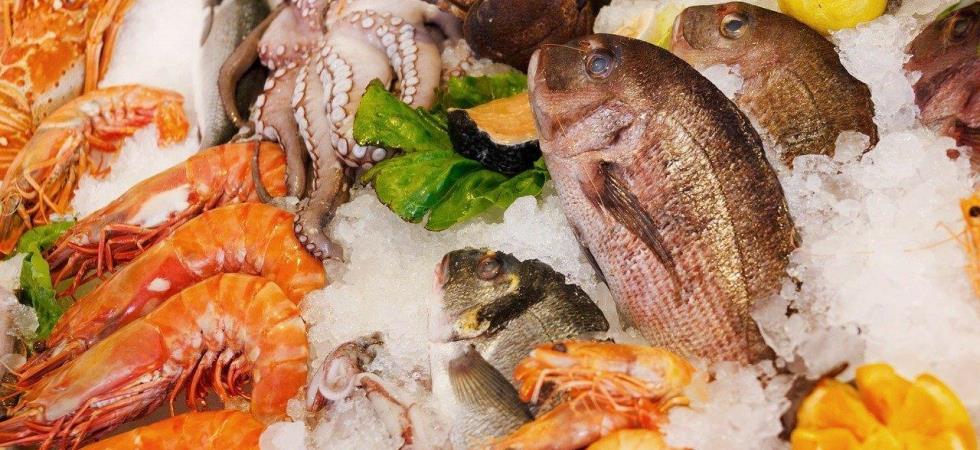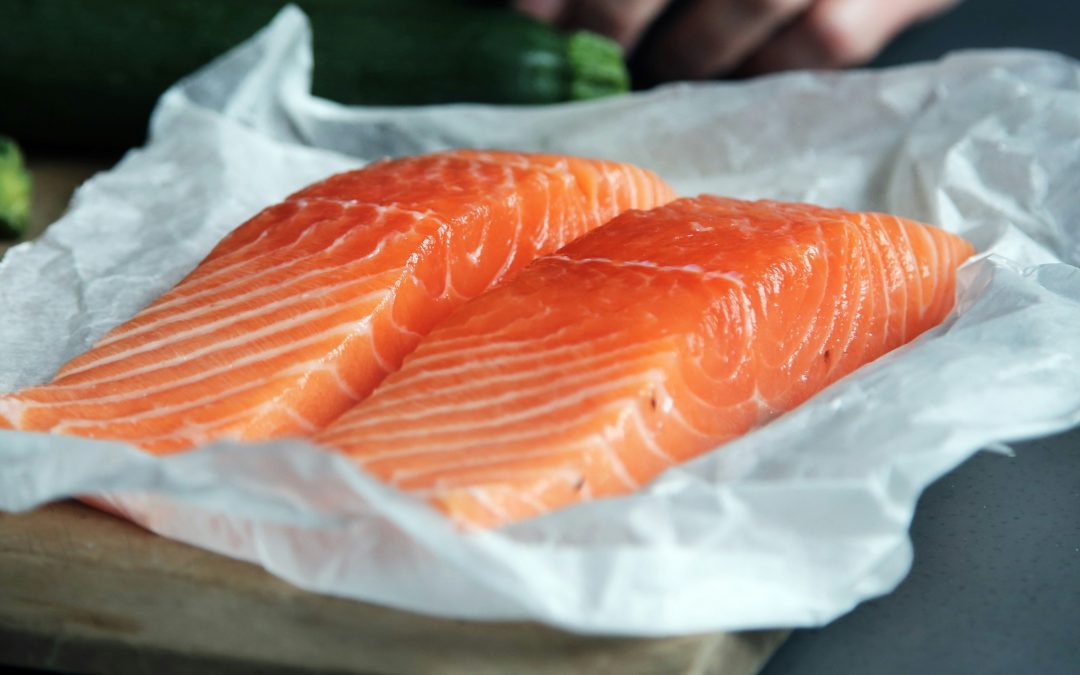Research from Scottish food market insight service The Knowledge Bank has reported that despite being “hit the hardest” by inflation, salmon has retained nearly half of the seafood market.
The research highlighted that the seafood market across the UK has been hit hard by inflation, resulting in a decline in volume sales. Despite this, The Knowledge Bank reported that frozen fish sales have “shown resilience” to economic challenges, while brands have seen an uptake in fresh fish sales as consumers look to quality products when choosing a seafood dish.
Looking to potential market growth, The Knowledge Bank said younger consumers were less likely to be buying seafood products but were also more health-conscious, with a desire to eat high protein and low-calorie foods. The research showed that targeting this sector with “inspirational recipes” and new convenience products could turn the tide for the market.
Carol Saunders, head of insights at The Knowledge Bank, said: “Our research indicates that, while the seafood market has been suffering from the effects of inflation, there are positive signs it remains resilient despite the challenges.
“Affordable alternatives have come to the fore, while discounters and brands have seen successes in certain markets.
“The challenge for companies now is to engage with the younger demographic, capitalising on snacking culture to develop new seafood products that harness the potential of this growing market.”
Frozen fish sales prove “resilient”
According to The Knowledge Bank, frozen fish sales were “resilient” despite the challenges of inflation. It said that this was due to discounters, which have seen a 15.6% and 41.7% growth in sales value and volume (in kg) sales respectively as consumers look to more affordable options.
The firm said that cod, pollock and prawns make up more than half of these sales UK-wide, with the affordability of pollock making it a key growth market for companies. Additionally, frozen haddock and scampi remained popular favourites in Scotland, harbouring a greater market share than England and Wales.
Salmon dominated the market despite sensitivity to inflation
Fresh fish sales across Britain were reportedly “dominated” by salmon, which accounted for nearly 50% of all sales. A reported 75% of shoppers said they were more likely to buy salmon labelled as being from Scotland, as provenance played a key part in influencing consumer purchases.
The Knowledge Bank noted that salmon was “particularly sensitive” to inflation, and £19.64 per kg it remained one of the most expensive fresh fish species in Britain, which reportedly had a “negative impact” on volume sold.
James Park, head of insights at Salmon Scotland, said: “Scottish salmon is a global success story that is the UK’s top food export and has been voted the ‘best fish in the world’ by globally renowned chefs.
“Salmon also continues to be the domestic market leader accounting for almost 50% of seafood sales. It continues to be the country’s most popular fish, with sales worth five and volumes four times higher than its next nearest species: cod. We’re very proud to be a key part of the quality food and drink offering from Scotland.”

Park continued: “When it comes to awareness of Scotland’s food and drink offer, the quality, taste and provenance of fresh and smoked Scottish salmon made consumers more likely to purchase salmon than any other locally produced food and drink.
“Scottish salmon leads all others when people are asked to rank the benefits of seafood. Higher global food standards and the significant economic and jobs contribution Scottish salmon makes to Scotland particularly noteworthy.
“Customers can enjoy Scottish salmon in the knowledge that we have world-leading sustainability measures in place from egg to plate, producing nutritious food in the most responsible way.”
Seafood market impacted by inflation
Fresh fish and shellfish brands reportedly experienced an uptake in sales (11.8%) and volume (7.9%) across Britain, with the growth being “marginally higher” in Scotland. Customers spent less on shellfish as they also purchased lower volumes of the product, while the “strong performance” of fishcake products highlighted a demand for added value.
The Knowledge Bank highlighted a potential gap in the market, brought forward by recent successes of meat snacking brands such as jerky, and single serve or convenience packaging. Seafood producers have reported success with convenience products, with younger consumers and impulse buyers contributing to the improved performance.
Carol Saunders concluded: “The data shows that British consumers still have a strong appetite for seafood. While inflation has undoubtedly had an impact on volume sales, there are signs for positivity as well.
“Innovation will prove key going forward, while harnessing the market potential of younger consumers could be vital in changing attitudes towards seafood products in the future.”









